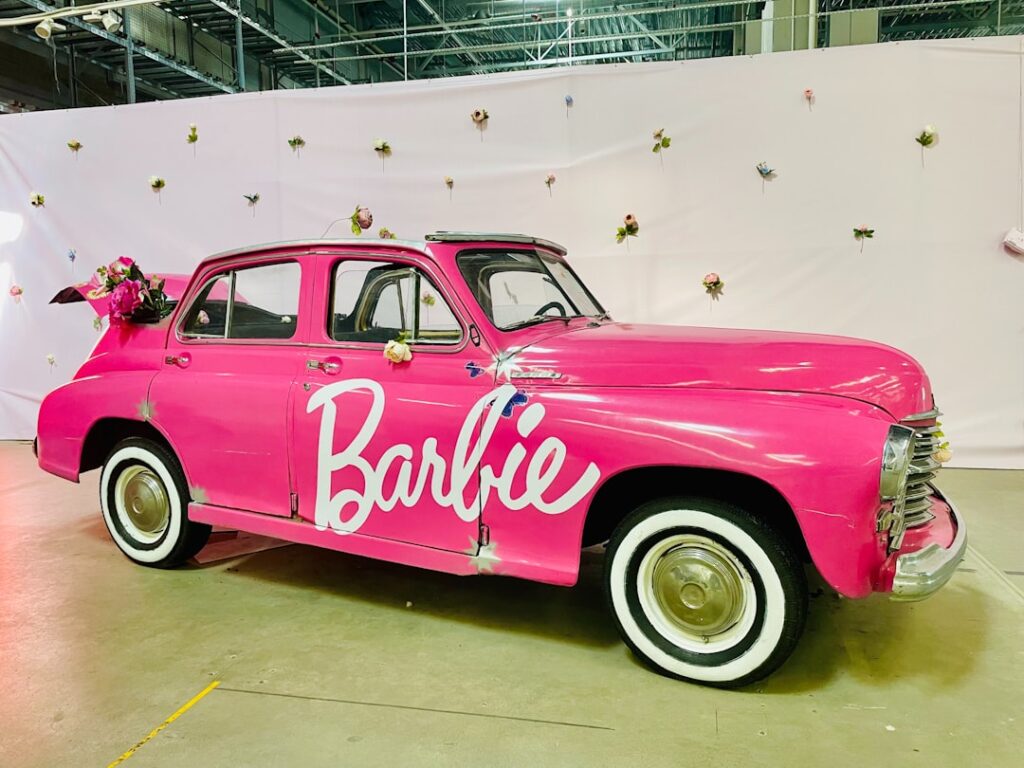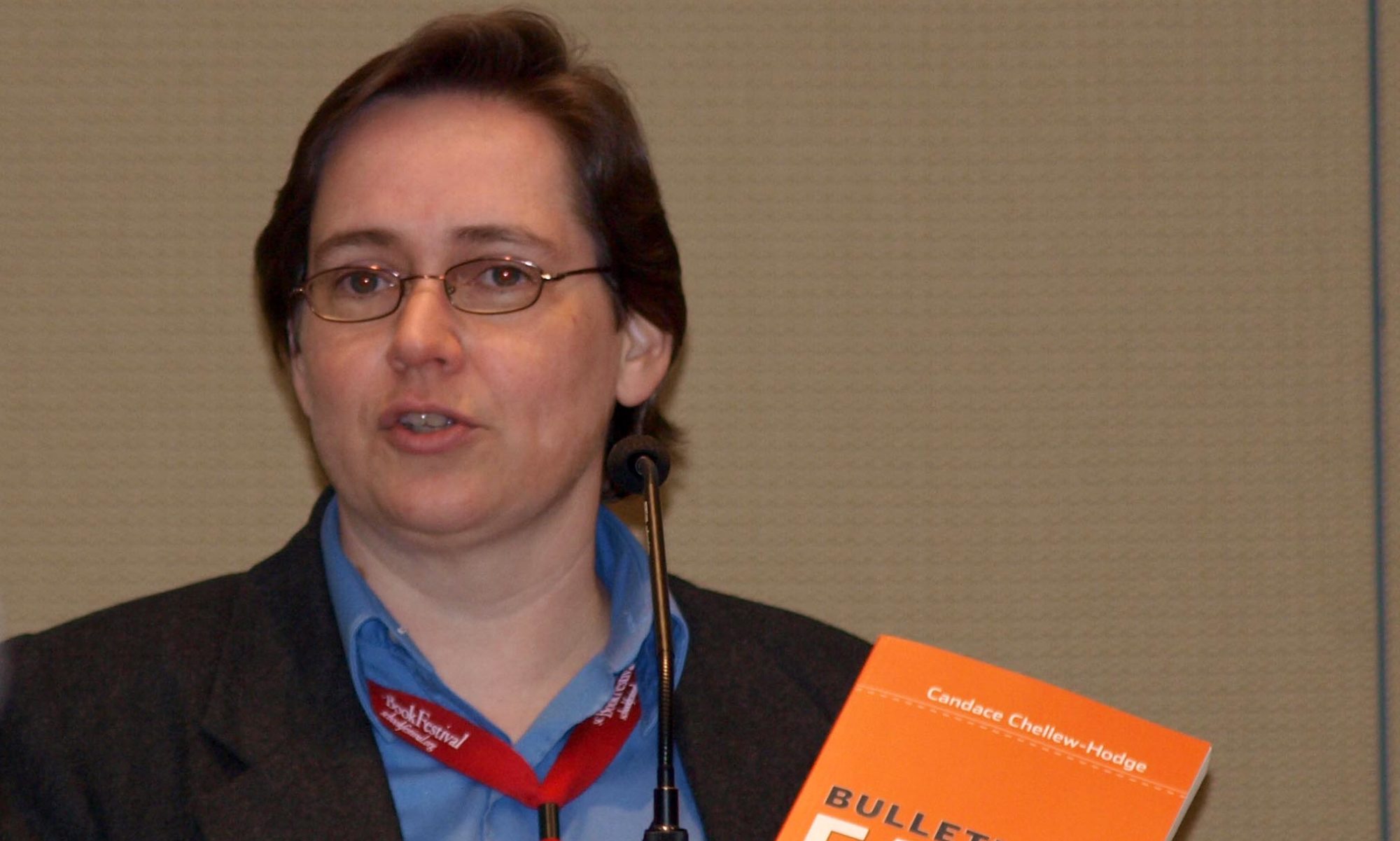
In the movie, “Barbie,” we enter a world that seems like a paradise – and a pink paradise at that. Every day is perfect. Everyone is happy. All the houses are open, there are no windows and doors, so obviously the weather is always perfect. It’s also apparent that even though every Barbie and Ken (and even the Allans) have fabulous wardrobes, they’re not shy about changing those clothes in homes everyone can look straight through.
In Barbie’s world there are parties all the time. Everyone is friendly, optimistic, and cheerful. It’s such a paradise, that apparently no one has to actually eat any food, even though they go through the motions of making a breakfast that consists of hard plastic waffles and empty coffee pots. In short, this place may have the physical trappings of the world we’re used to, but with different rules. Nobody ages, nobody gets too fat or too thin … and the women are apparently in charge here. What could be better? Oh, maybe the fact that no one dies.
One day, though, while the Barbies are enjoying one of their ongoing parties, Barbie has a thought she’s never had before and asks her friends: “Do you guys ever think about dying?”
This one question plunges her into a journey to the real world, where she discovers all the things Barbie-world is missing, including real food, depression, confusion, evil, and yes, death. In the end, Barbie realizes she wants to leave paradise to fully experience being human.
Why in the world would anyone do that? It appears that Barbie has made a choice to devolve – to leave paradise and enter into a hellish landscape of human experience. What if, though, it wasn’t her choice? What if we live in a world that is ever-changing – moving from a paradisical one into more and more states of de-evolution?
What if, after reaching a state of total de-evolution, we emerge upward into a progression of more and more enlightened ages until we find ourselves once again in that paradise?
Continue reading “Pink Paradise: How Barbie Can Renew Our Hope for the Future”